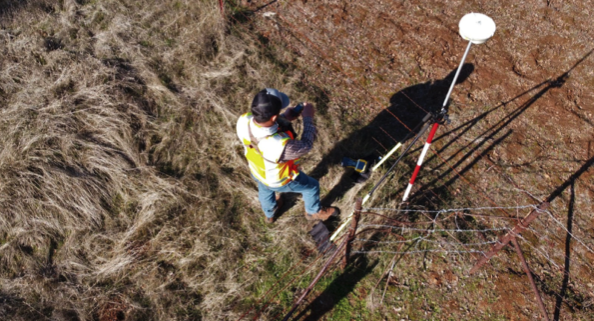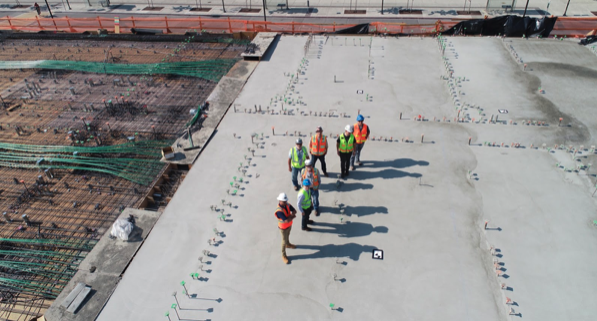Looking for a new job can be difficult, especially if you are looking for a new job in the UK when living in the EU.
Moving countries to obtain your dream career is possible when you have the support and know-how. At FBR we work with people who hail from various backgrounds and assist them in finding their dream career.
Let’s look at the best way to find a job in the UK.
UK jobs boards
There are many UK jobs boards out there that you can use to apply for a job in the UK. Make sure you know the requirements for applying for a role, as well as your own personal requirements. This can be anything from location, to salary and more.
With jobs boards, you will need to check as often as you have time for. This means you will need to invest plenty of time in order to find and apply for jobs that are relevant to your skills and requirements.
UK Recruitment agents
Another great way to find a new job in the UK is via a recruitment agency. Using a recruitment agency will mean you have the expertise of the agent at your disposal. From interview preparation, to assistance with paperwork and more; a recruitment agency can help.
Additionally, a recruitment agency will be able to contact you as soon as you are in their database. This means that any new roles that come up where you fit the bill; you will be informed and have the opportunity to apply.
A recruitment agency can also advocate for you. Finding a new job in the UK when you are yet to move can be a challenge. Working with a recruitment agency to find a new job can ensure that they can help promote your skills and experience to a potential employer.
What you need as an EU citizen to work in the UK
Are you ready to take your career to the next level and work in the UK? As an EU citizen, there are a few things you’ll need to know before you make the move. First things first, you’ll need to make sure you have the proper documentation, such as a valid passport or national ID card.
You’ll also need to apply for settled or pre-settled status, which will allow you to continue working and living in the UK after Brexit. But don’t worry, the application process is simple and can be completed online.
Once you have all of the necessary documentation, you’ll be ready to embark on a new and exciting career journey in the UK. Start exploring your options and take the first step towards your dream job today.
Beneficial skills for working in the UK
Beyond the qualifications for whichever career path you have chosen there are a few skills that are beneficial to have before you come to the UK.
English
Ideally, you need to have a good level of English if you want to work in the UK. While British people are very accommodating to those learning the language; with everything being communicated in English the more you know the better.
Driving licence
Having a driving licence is another beneficial skill to have. This will open up your options when looking for roles from location, to additional jobs you may be able to apply for.
Having an expert in UK recruitment can make your transition to finding a job in the UK easier. Our team of EU experts will help you every step of the way, from paperwork to interview prep. Contact us today to find your dream UK job.












